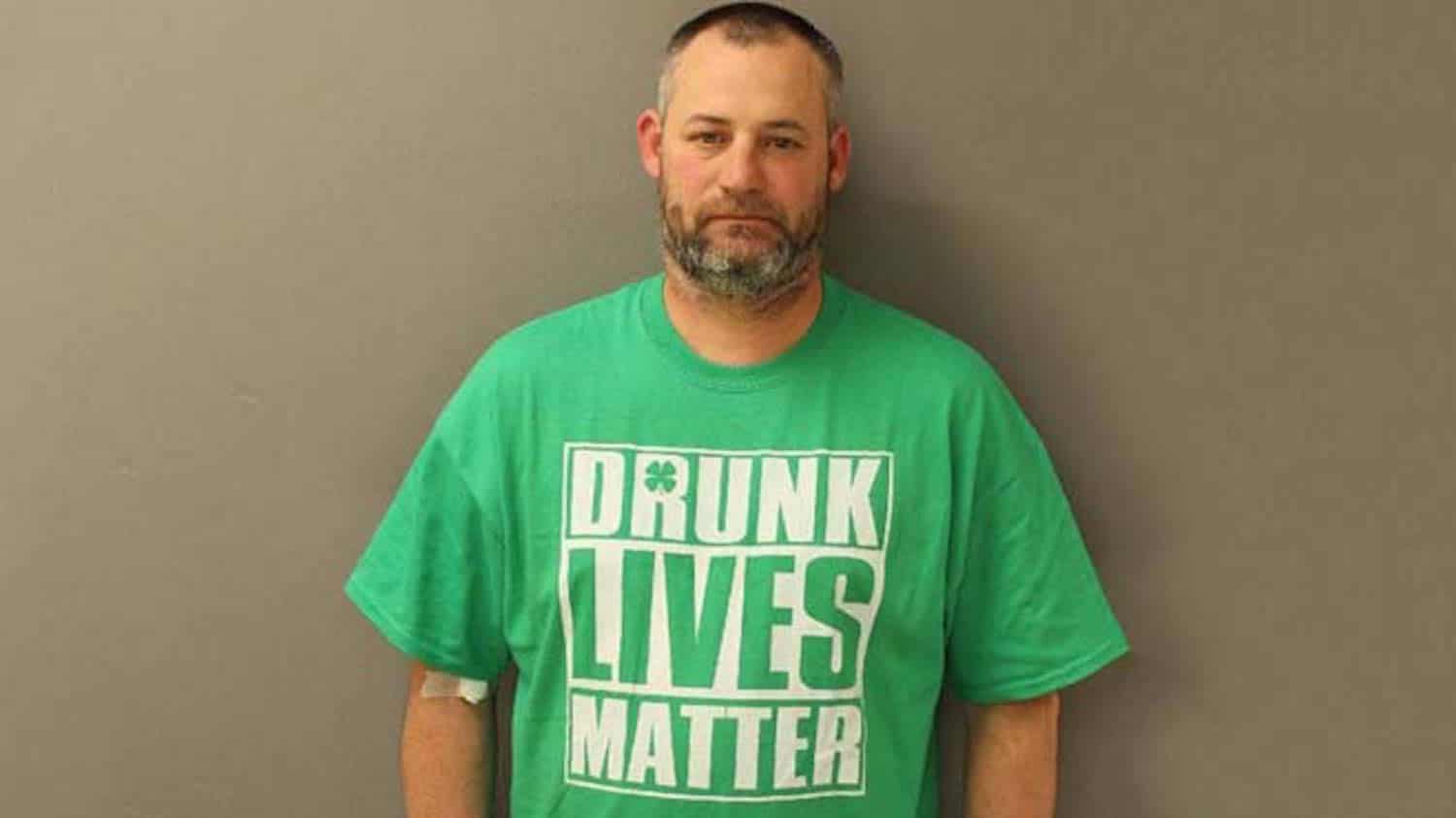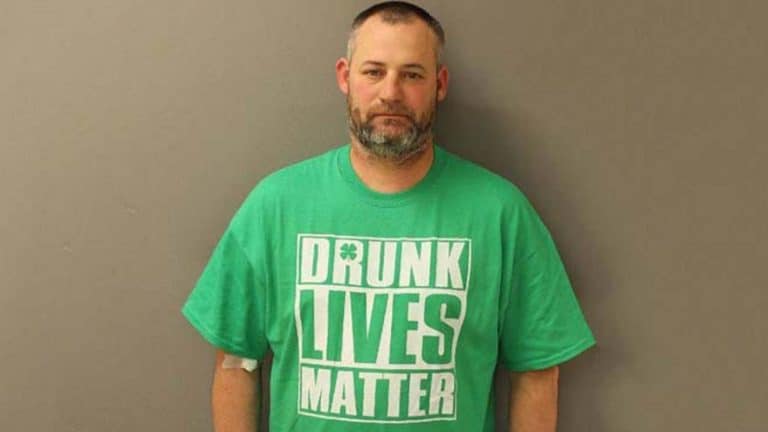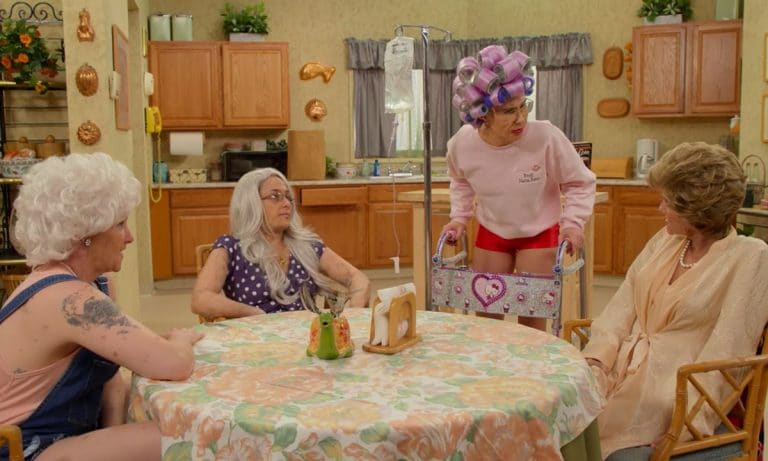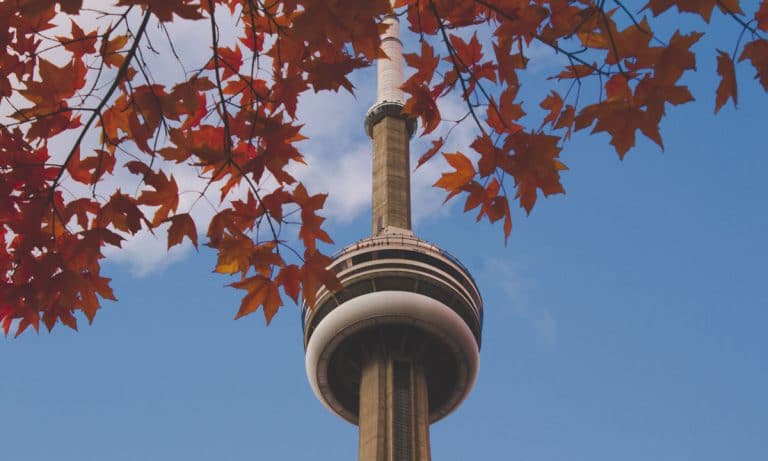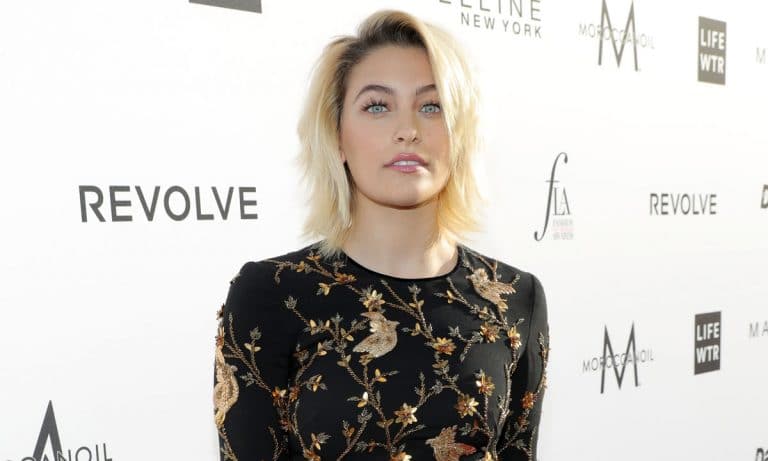What do the words “man bun,” “bitchface,” ‘alt-right,” and “Kush” have in common? They are among the 300 new words added to the Dictionary.com database.
According to the blog entry from Dictionary.com:
The latest update to Dictionary.com includes over 300 new words and definitions, reflecting everything from news stories to fashion trends. We’ve also updated several existing Dictionary.com entries.
Once again, many new words came straight from the headlines, from Black Lives Matter and Burkini to alt-right and clicktivism. Some words like 420 and Kush reflect broader acceptance of marijuana use and culture, as it’s becoming medically and recreationally legal across the country.
Jane Solomon, the official lexicographer for Dictionary.com says a lot of thought goes into what is added each year to the list of words.
“We also have lookup data,” Solomon says. “We can see what words people have tried to look up on Dictionary.com that haven’t led to a definition,” she told CNN. “It takes a lot of time and effort and thought, so as a lexicographer we give every word the same amount of respect and attention and care,” Solomon says.
Here is how Dictionary.com defines the new cannabis terms:
420 or 4/20, 4:20
[fawr-twen-tee, fohr‐]
noun, Slang
1. marijuana: Are you carrying any 420 on you?
2. marijuana drug use: Police presence at the concert discouraged 420. The guys at the party were all 420-friendly.
3. the twentieth day of the fourth month, or the time 4:20, when referenced as a day or time for cannabis consumption or the celebration of marijuana culture: The head shop has a big pipe sale every year on 420.
[dab-ing]
noun
1. the consumption of cannabis by inhaling the vapor of heated cannabis extract oil: Experts agree that dabbing is more addictive than smoking.
[koo sh, kuhsh]
noun, Slang.
1. marijuana, formerly specific to a strain of cannabis that originated from the Hindu Kush region.
The world of politics is well-represented in the list of new terminology: Black Lives Matter, alt-right, clicktivism and stochastic terrorism are among the words added.
“Our users turn to us to define the words they see, hear, and read — and in today’s highly politicized world, we play a necessary role in helping users dissect the meaning of words heard in this period of political discourse,” said Dictionary.com CEO Liz McMillan.
I’m sure you know what a man bun is. Don’t know what stochastic terrorism means? Look it up.
[gravityform id=”13″ title=”false” description=”true”]
